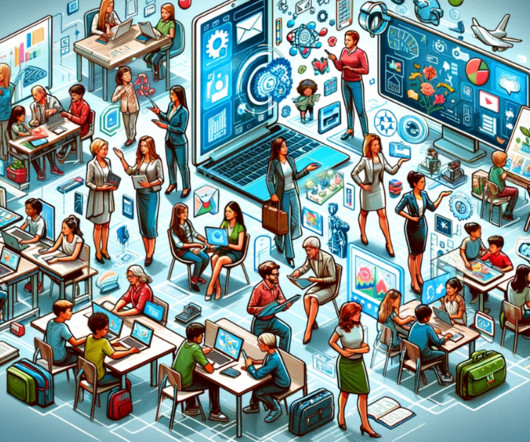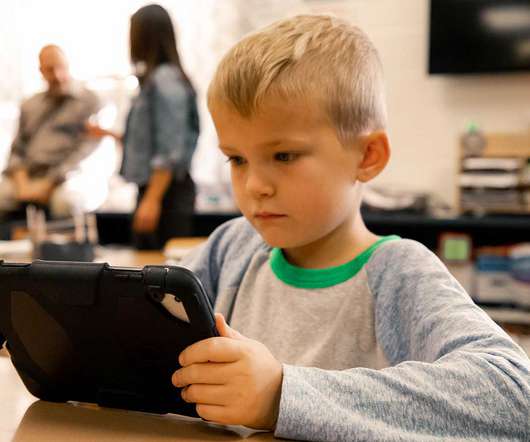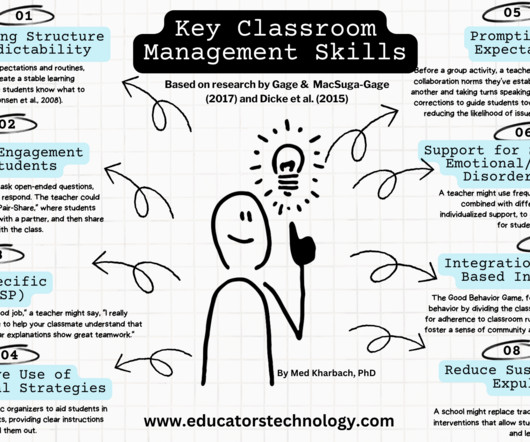Characteristics of The 21st Century Teachers
Educational Technology and Mobile Learning
JANUARY 3, 2024
The pace of change, driven predominantly by the rapid encroachment of digital and now AI technologies, has accelerated dramatically. The fast-paced evolution in educational technology and methodologies necessitates a fresh look at what features teachers should exhibit to be effective and relevant in this ever-changing environment.














Let's personalize your content